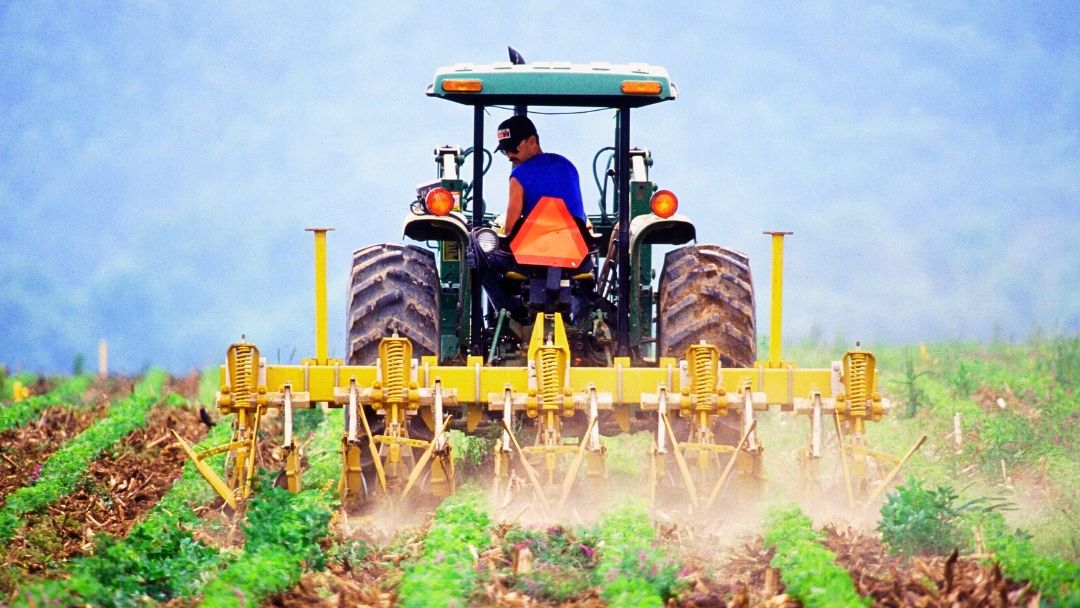Introduction
The past few years, marked by unprecedented challenges, have shown us that our essential workers are the backbone of our society. From healthcare professionals and emergency responders to those who keep our supply chains running smoothly, essential workers tirelessly commit to ensuring our well-being, including upholding workplace safety and complying with WHMIS regulations in Canada.
Essential workers play a pivotal role in maintaining workplace safety and WHMIS compliance. Let’s explore the challenges they face, the sacrifices they make, and the enduring impact they have on society. Together, we'll recognize and appreciate these dedicated individuals for their unwavering commitment to our collective welfare.
Essential workers play a pivotal role in maintaining workplace safety and WHMIS compliance. Let’s explore the challenges they face, the sacrifices they make, and the enduring impact they have on society. Together, we'll recognize and appreciate these dedicated individuals for their unwavering commitment to our collective welfare.

The Role of Essential Workers in Workplace Safety and WHMIS Compliance
Healthcare Professionals
1. Frontline Care: Doctors, nurses, and paramedics not only provide care but also ensure the safe handling of hazardous materials, including medications and biohazards.
2. Infection Control: They follow stringent protocols and WHMIS guidelines for infection control.
2. Infection Control: They follow stringent protocols and WHMIS guidelines for infection control.
Emergency Responders
1. Immediate Response: Firefighters, police, and EMTs prioritize safety during crisis situations.
2. Hazard Management: They handle hazardous materials in emergencies.
2. Hazard Management: They handle hazardous materials in emergencies.
Transportation and Logistics
1. Supply Chain: Truck drivers, warehouse staff, and logistics professionals ensure safe transportation of goods, many classified as hazardous materials.
2. Safety Protocols: They adhere to safety procedures and labelling.
2. Safety Protocols: They adhere to safety procedures and labelling.

Manufacturing and Industrial Workers
1. Producers and Handlers: These workers manage products, some containing hazardous substances.
2. Proper Handling: They ensure safe production processes and worker protection.
2. Proper Handling: They ensure safe production processes and worker protection.
Retail and Customer Service
1. Frontline Sales: Retail employees handle and sell products, educating customers on product safety and WHMIS labeling.
Agriculture and Farming
1. Stewards of the Land: Agricultural professionals work with substances like pesticides and fertilizers, adhering to WHMIS for safe handling.
2. Farming Safety: Ensuring proper substance storage, handling, and application protects workers and the environment.
2. Farming Safety: Ensuring proper substance storage, handling, and application protects workers and the environment.

The Impact of Essential Workers on Society
Essential workers in Canada have a significant impact on society, ensuring workplace safety and WHMIS compliance:
1. Public Health Workers: Healthcare professionals protect public health by ensuring the safe handling of hazardous materials in medical settings, preventing health risks.
2. Emergency Responders: First responders safeguard public safety by managing hazards in crises, and adhering to WHMIS guidelines.
3. Supply Chain Reliability: Transportation and logistics professionals maintain a stable supply chain, securing safe transportation of goods and minimizing public exposure to hazardous materials.
4. Industrial Contribution: Workers in manufacturing and industrial sectors uphold safety standards in product manufacturing, benefiting the public.
1. Public Health Workers: Healthcare professionals protect public health by ensuring the safe handling of hazardous materials in medical settings, preventing health risks.
2. Emergency Responders: First responders safeguard public safety by managing hazards in crises, and adhering to WHMIS guidelines.
3. Supply Chain Reliability: Transportation and logistics professionals maintain a stable supply chain, securing safe transportation of goods and minimizing public exposure to hazardous materials.
4. Industrial Contribution: Workers in manufacturing and industrial sectors uphold safety standards in product manufacturing, benefiting the public.

5. Consumer Education: Retail staff educate customers on product safety and WHMIS labelling, promoting public awareness of safety.
6. Sustainable Agriculture: Agricultural professionals follow WHMIS guidelines to ensure food safety and environmental protection, impacting society positively.
Essential workers' dedication enhances public well-being, fosters safety awareness, and contributes to a more secure and prosperous society.
The Impact of Essential Workers on Society
Essential workers in Canada face significant challenges and make sacrifices to uphold workplace safety and WHMIS compliance:
1. Health Risks: Exposure to infectious diseases and hazardous materials, risking their own well-being.
2. Psychological Stress: Coping with the demanding and often traumatic nature of their work.
3. Long Working Hours: Working irregular, extended hours impacting health and personal lives.
4. Limited Resources: Managing crises with insubstantial equipment, supplies, and personnel.
5. Hazardous Environments: Working with potentially dangerous materials, complying with WHMIS standards, adding complexity and risk.
1. Health Risks: Exposure to infectious diseases and hazardous materials, risking their own well-being.
2. Psychological Stress: Coping with the demanding and often traumatic nature of their work.
3. Long Working Hours: Working irregular, extended hours impacting health and personal lives.
4. Limited Resources: Managing crises with insubstantial equipment, supplies, and personnel.
5. Hazardous Environments: Working with potentially dangerous materials, complying with WHMIS standards, adding complexity and risk.

6. Sacrificing Personal Time: Forgoing personal time with loved ones to fulfill responsibilities.
7. Public Interaction: Interacting directly with the public, educating on product safety and WHMIS labelling.
7. Public Interaction: Interacting directly with the public, educating on product safety and WHMIS labelling.
8. Adaptation: Constantly adapting to changing circumstances and safety protocols, especially during crises like the COVID-19 pandemic.
Essential workers' dedication and commitment ensure workplace safety and WHMIS compliance, even in the face of adversity.
Recognizing Essential Workers' Contributions
Essential workers in Canada are integral to workplace safety and WHMIS compliance:
1. Frontline Heroes: Healthcare professionals and emergency responders ensure safety in medical and emergency settings, protecting patients and the community.
2. Emergency Response: First responders maintain public safety by expertly managing hazards during crises.
3. Supply Chain Stewards: Transportation and logistics professionals secure safe product transportation, adhering to safety protocols and WHMIS guidelines.
1. Frontline Heroes: Healthcare professionals and emergency responders ensure safety in medical and emergency settings, protecting patients and the community.
2. Emergency Response: First responders maintain public safety by expertly managing hazards during crises.
3. Supply Chain Stewards: Transportation and logistics professionals secure safe product transportation, adhering to safety protocols and WHMIS guidelines.

4. Industrial Expertise: Manufacturing workers contribute to the economy and product safety by upholding WHMIS standards.
5. Retail and Customer Education: Retail staff educate customers about product safety and WHMIS labeling, enhancing public awareness.
6. Sustainable Farming: Agricultural professionals follow WHMIS guidelines for food safety and environmental protection, impacting society positively.
Recognizing essential workers' contributions is essential to acknowledge their selflessness and dedication, which have a profound impact on workplace safety and public well-being.
5. Retail and Customer Education: Retail staff educate customers about product safety and WHMIS labeling, enhancing public awareness.
6. Sustainable Farming: Agricultural professionals follow WHMIS guidelines for food safety and environmental protection, impacting society positively.
Recognizing essential workers' contributions is essential to acknowledge their selflessness and dedication, which have a profound impact on workplace safety and public well-being.
The Heart of Our Society
Essential workers represent the heart of our society, going above and beyond to protect our health and maintain workplace safety. Their roles, often challenging and demanding, are instrumental in WHMIS compliance and the well-being of the community. As we acknowledge their selflessness, dedication, and contributions, we reinforce the importance of essential workers and the role they play in upholding safety and WHMIS standards.
Level up your workplace safety!
